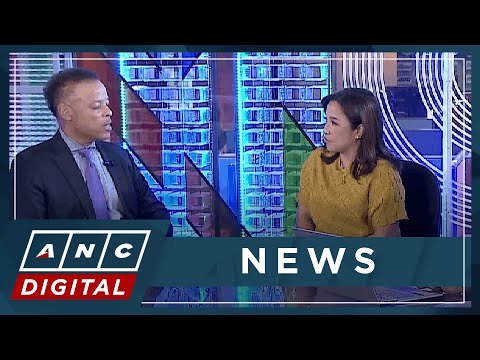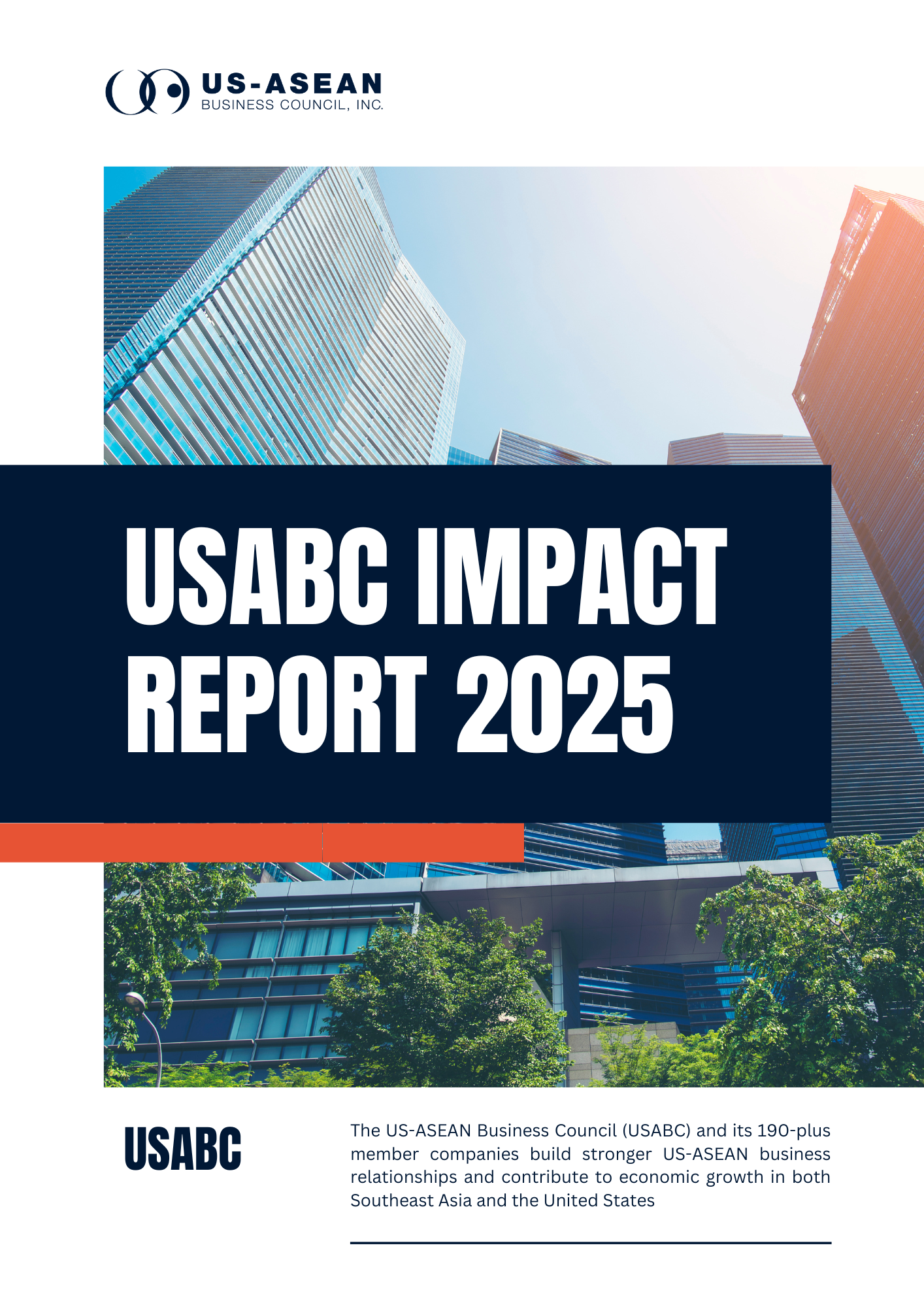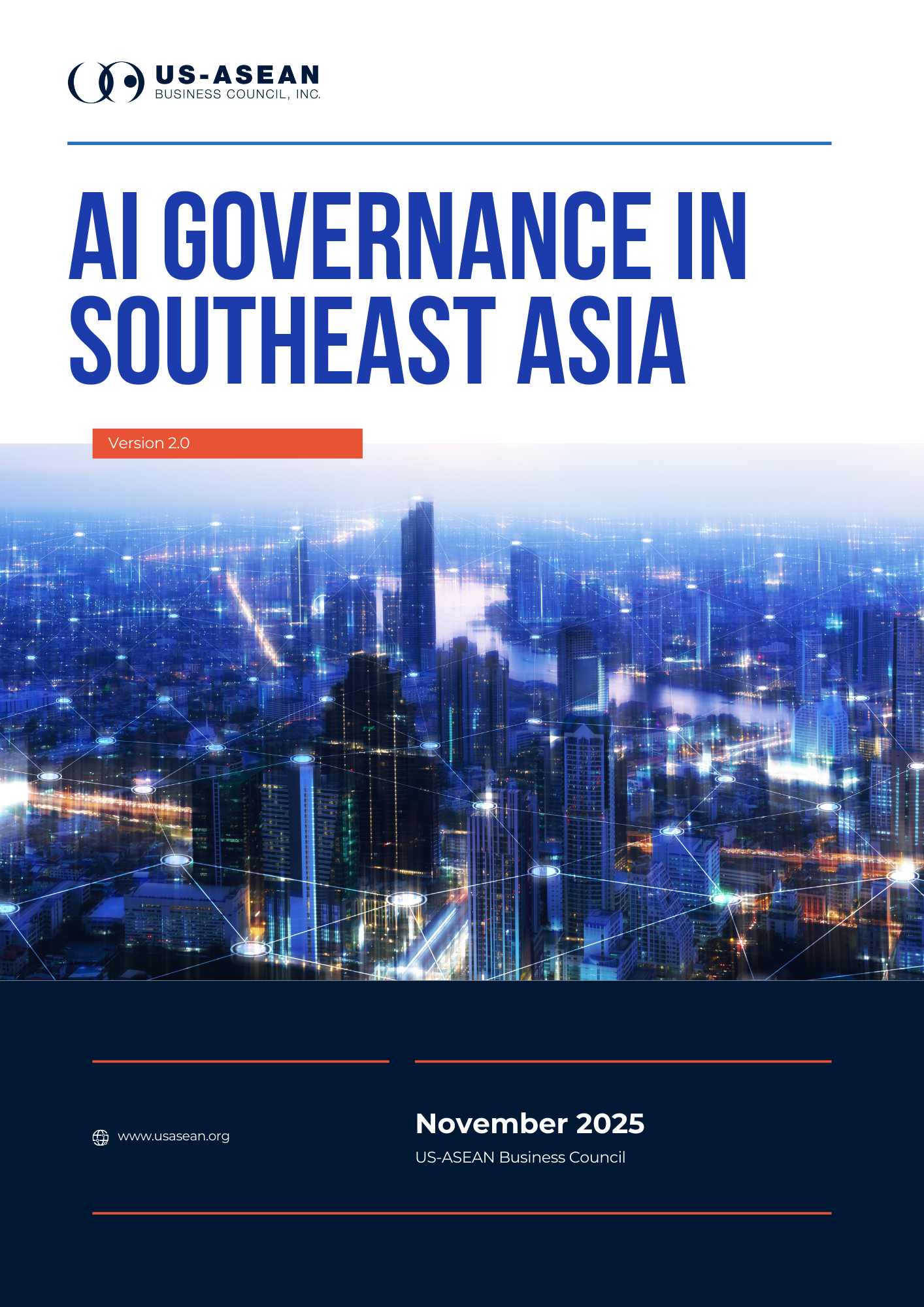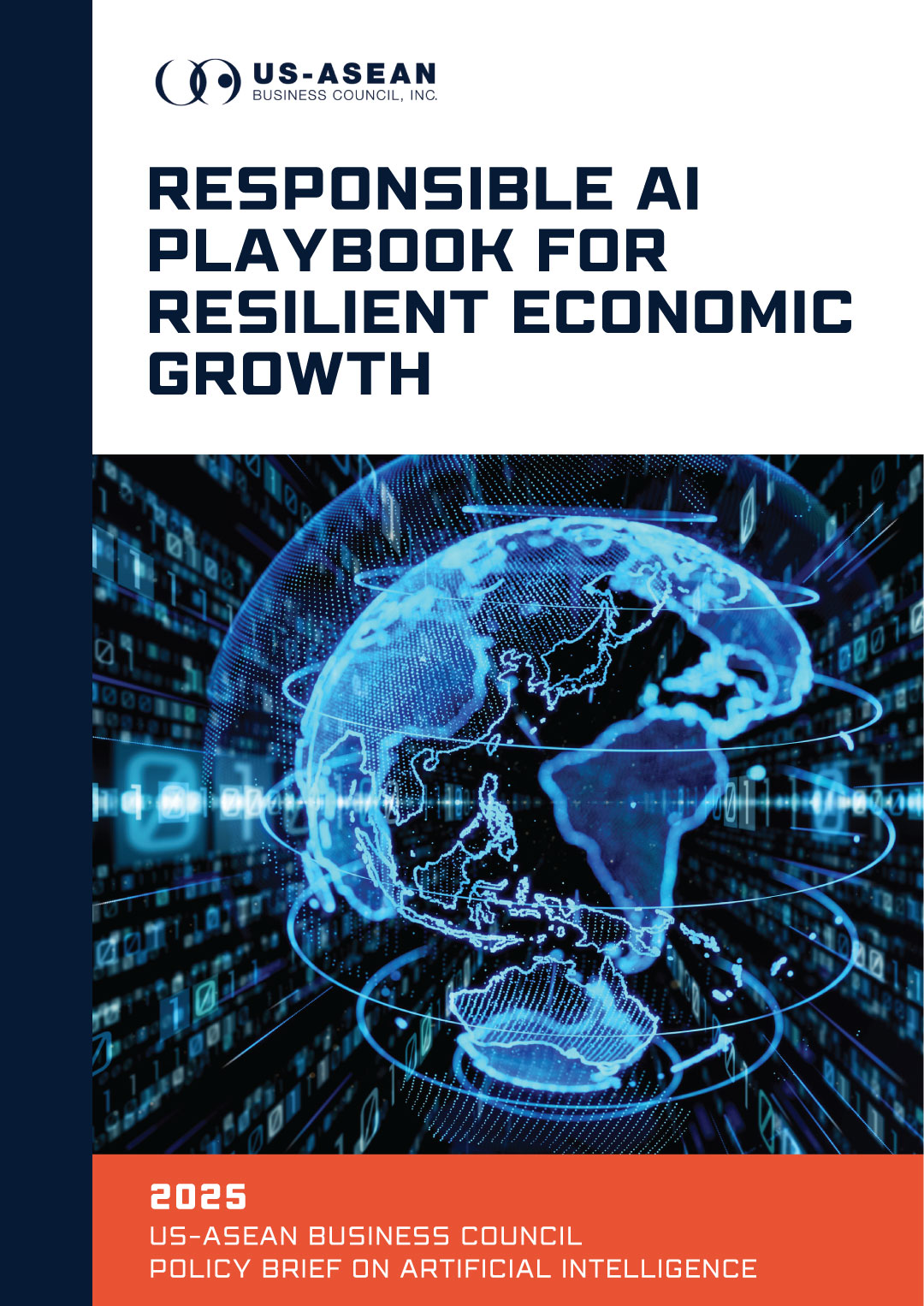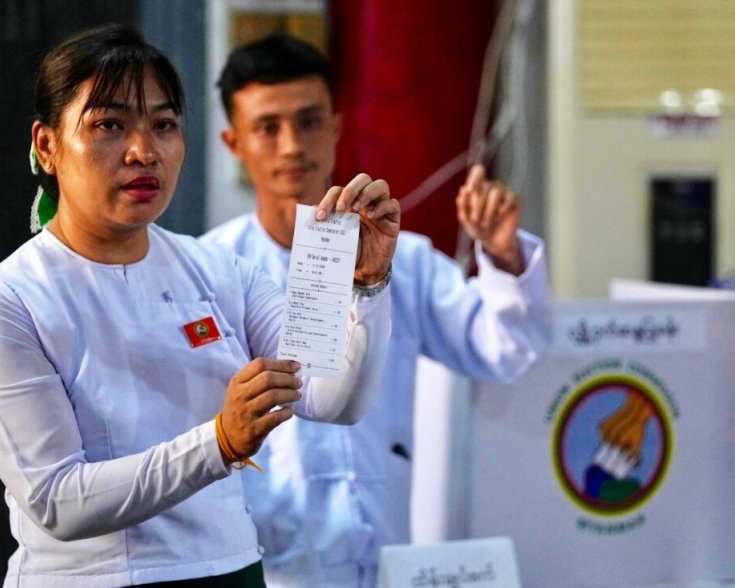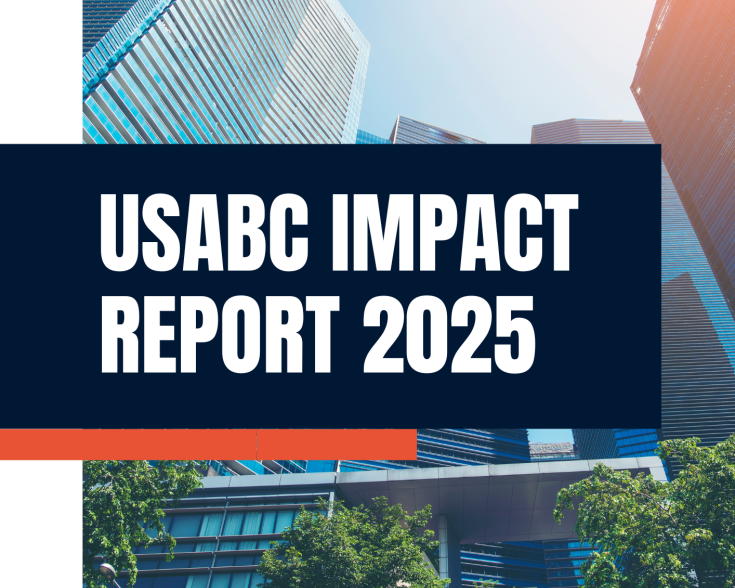Philippine Development Report 2023 Identifies New Taxes as Essential to Attaining Transformation Objectives

Early this year, the Philippines’ National Economic and Development Authority (NEDA) released the Philippine Development Report 2023 (PDR 2023), a comprehensive overview of the advancements made in executing the Philippine Development Plan (PDP) 2023 to 2028. The forward-looking document aims to serve as an important reference material for government agencies as they formulate policies, programs, projects, and activities. PDR 2023 highlighted several initiatives that the Government should pursue in 2024 including: (i) Enhancing tax administration and enacting revenue-generating measures to hit the country’s fiscal targets and (ii) Aggressively promoting trade and facilitating strategic investments in growth drivers while addressing underspending.
NEDA cited that fresh tax measures are necessary to achieve the fiscal consolidation, particularly following COVID related fiscal expenditures, to keep the Philippines on track in terms of achieving its comprehensive goals for economic and social transformation. The proposed tax measures such as excise taxes on sweetened beverages and single-use plastics, valued added tax (VAT) on digital service providers, new fiscal regime for mining, higher motor vehicle user’s charge, and criminalizing tax racketeering, are expected to yield PHP 900 billion (~USD 16 billion) in revenue. The report noted that while most fiscal targets are on track, macroeconomic targets fall slightly below and overall debt level remains high.
Prior to the report’s release, the Department of Finance announced that it will not pursue the imposition of additional taxes, but rather improve collection efficiency through the implementation of Ease of Paying Taxes, digitalization initiatives of the Bureau of Internal Revenue (BIR) and Bureau of Customs (BOC), and an intensified anti-corruption drive. While the suggested tax measures are proposed for 2024, there are no definitive updates on their implementation.
NEDA also emphasized that under PDR 2023 significant efforts will be undertaken to tackle key factors influencing investment choices. Government will continue to (i) improve the ease of doing business through digitalization and policy streamlining, (ii) accelerate infrastructure projects, (iii) facilitate more private sector investments in energy and telecommunications, and (iv) upskill the workforce.


